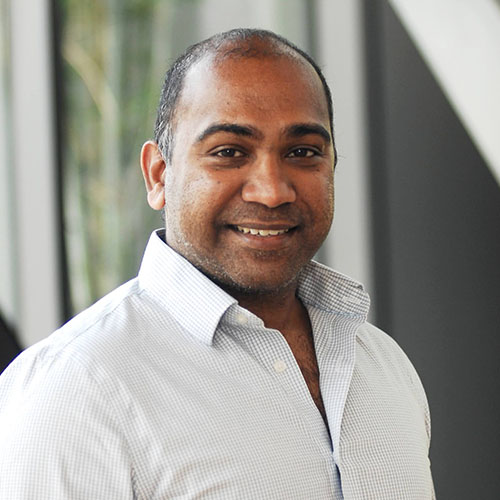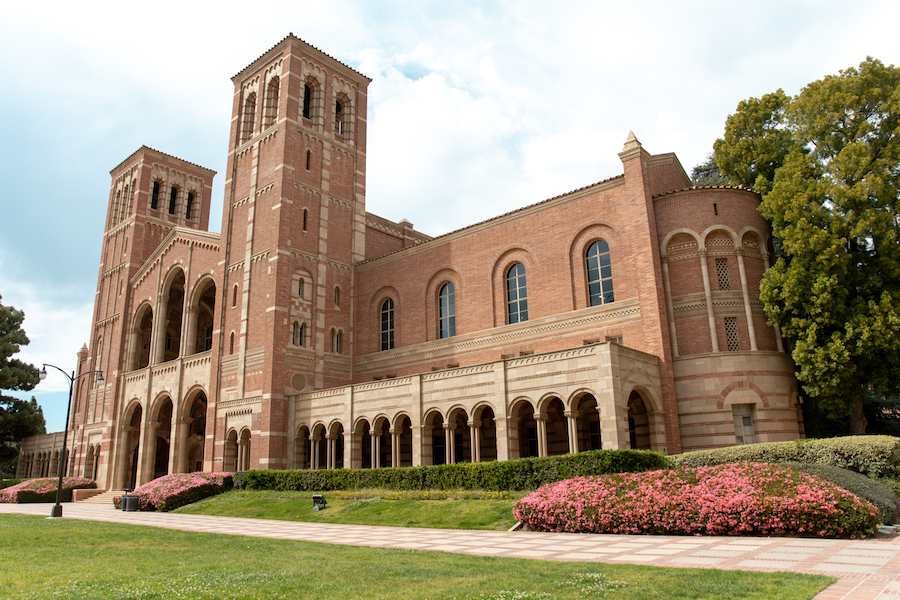HA 2025 – Innovative Approaches in Medicine Using AI
November 23, 2022 2024-11-27 17:27HA 2025 – Innovative Approaches in Medicine Using AI
Course Available in: Sao Paulo, Brazil
Innovative Approaches in Medicine Using AI
Medicine is entering a new era, where advanced tools are transforming our approach to diagnosing and treating complex diseases. In this interactive course, students will dive into the molecular basis of disease, exploring how precise targeting of cellular pathways can lead to breakthrough therapies. From understanding cellular organization and DNA-to-protein processes to examining how disrupted signaling pathways contribute to conditions like diabetes, pulmonary fibrosis, arthritis, hypertension, and bowel disorders, students will gain a comprehensive foundation in the science of disease.
Students will engage in hands-on experiments such as isolation of DNA, bioinformatics analysis of diseases, AI analysis of disease dysregulation, measurement of blood glucose levels, body composition analysis, pulmonary function analysis, and insight into pulmonary diseases, gaining real-world applications of medical science and diagnostics.
Students will explore how new technologies—such as artificial intelligence—are enhancing our ability to identify treatment targets and design innovative therapies. The course culminates in students proposing new treatment ideas based on their acquired skills and knowledge. Additionally, students will gain firsthand insight into medical innovation with a visit to Einstein São Paulo, one of Brazil’s foremost medical research institutions, enriching their understanding of the future of medicine.
Calendar:
January 20 – 24, 2025 (Monday to Friday)
Schedule:
From 9:00 am to 3:30 pm
Location:
In-person in Brazil

Rabindra “Robin” Shivnaraine
PhD, Stanford University
Rabindra (Robin) Shivnaraine was a post-doctoral fellow and Instructor in the Department of Molecular and Cellular Physiology at Stanford University. At Stanford, Robin was mentored by Nobel laureates Brian Kobilka (Chemistry) and Steven Chu (Physics, former United States Secretary of Energy). He obtained his PhD from the University of Toronto in molecular pharmacology and is currently the Director of Drug Discovery at a start-up applying artificial intelligence to make next generation drugs for complex diseases.


